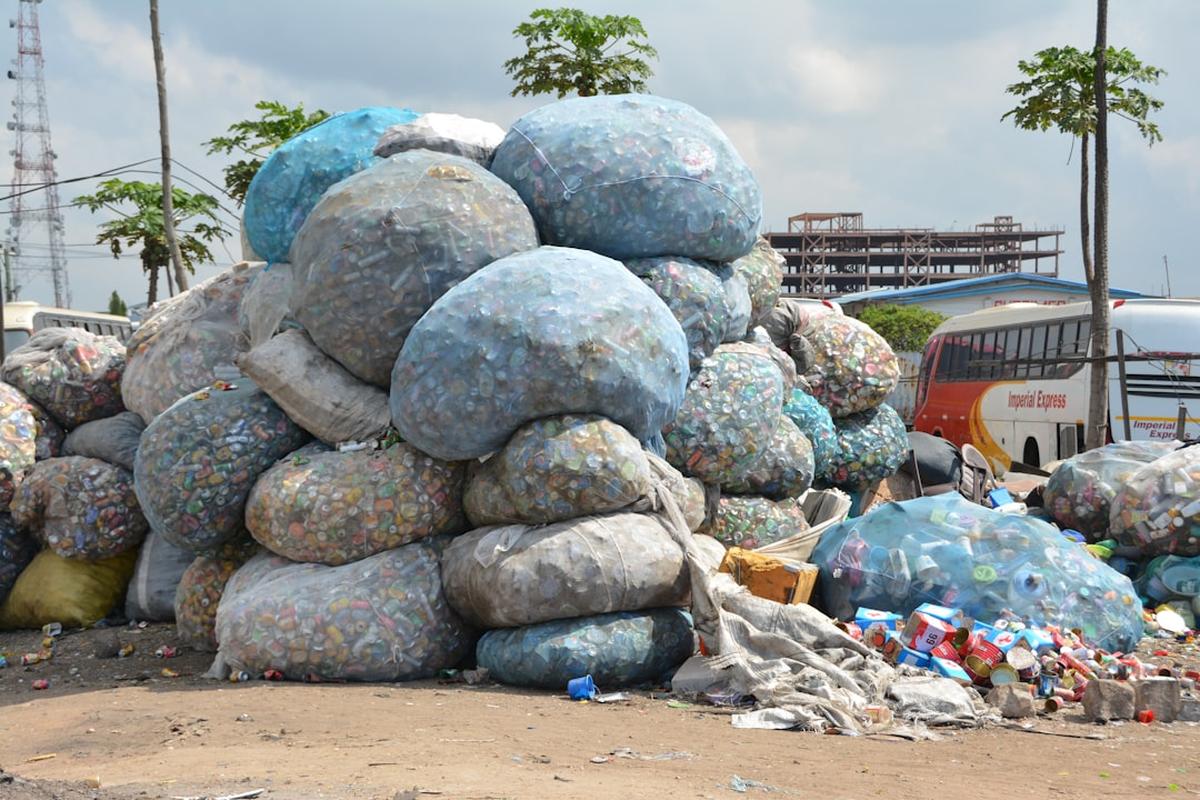Sustainability has become a crucial part of my life, transforming not only my habits but also my mindset. I’ve come to realize that every small action we take can have a significant impact on our planet. Today, I want to introduce you to the concept of Zero Waste and the 5 Rs, as proposed by Bea Johnson, a concept that has guided me on my path to a more sustainable lifestyle.
Understanding the Five Rs
The 5 Rs of Zero Waste are Refuse, Reduce, Reuse, Recycle, and Rot. Each of these principles plays a vital role in sustainable living, helping us minimize our environmental footprint and make more conscious choices. Let’s delve into each one of these principles and see how they’ve shaped my journey towards a zero waste lifestyle.
The First R: Refuse
My journey with the first R, ‘Refuse’, began with a simple realization: we often accept things we don’t need. Whether it’s a plastic bag at the grocery store or a promotional flyer, these unnecessary items add up to a lot of waste. I started refusing such items, which not only reduced my waste but also decluttered my life.
Practical tips for refusing unnecessary items include saying no to single-use plastics, avoiding freebies that you won’t use, and choosing products with minimal packaging. Remember, every item refused is one less item that could end up in a landfill.
The Second R: Reduce
The second R, ‘Reduce’, was a natural progression from ‘Refuse’. Once I started refusing unnecessary items, I began to notice how much I could reduce my consumption. I started buying less, choosing quality over quantity, and prioritizing needs over wants.
Strategies for reducing consumption and waste include mindful shopping, choosing multi-purpose items, and reducing energy consumption. Reducing not only contributes to sustainability but also leads to a simpler, less cluttered lifestyle.
The Third R: Reuse
‘Reuse’ has been one of the most creative parts of my zero waste journey. I started finding new uses for items that I would have otherwise discarded. Old jars became storage containers, worn-out clothes turned into cleaning rags, and leftover food found its way into new recipes.
Practical ideas for reusing items include repurposing glass jars, upcycling old furniture, and using cloth bags instead of plastic ones. Reusing items not only reduces waste but also promotes a circular economy, where resources are used and reused for as long as possible.
The Fourth R: Recycle
Recycling was already a part of my life before I embarked on my zero waste journey, but I started taking it more seriously as I learned about its importance in waste management and resource conservation. However, recycling comes with its challenges, such as understanding what can and cannot be recycled.
Effective ways to recycle include learning about your local recycling rules, separating your waste, and cleaning items before recycling them. Remember, recycling should be the last resort after refusing, reducing, and reusing.
The Fifth R: Rot
The final R, ‘Rot’, introduced me to the world of composting. I started composting my kitchen scraps, turning waste into nutrient-rich compost for my plants. It was a rewarding process that closed the loop of my waste cycle.
A step-by-step guide to home composting includes collecting kitchen scraps, adding them to a compost bin or pile, and turning the compost regularly. Composting not only reduces waste but also enriches the soil, promoting healthier plants and a healthier planet.
Overcoming Challenges in Implementing the 5 Rs
Transitioning to a zero waste lifestyle is not without its challenges. It requires a shift in mindset, habits, and routines. However, I found that the benefits far outweigh the challenges. The key is to start small, make gradual changes, and remember that every little bit helps.
The Impact of Zero Waste Living on Personal Life and the Environment
Since adopting the 5 Rs, I’ve noticed significant changes in my life. I’ve become more mindful of my consumption, my home is less cluttered, and I feel a deeper connection to the environment. Moreover, zero waste living has broader environmental benefits, such as reducing landfill waste, conserving resources, and mitigating climate change.
Closing Thoughts: The Journey Continues
My journey towards sustainable living is far from over. It’s an ongoing process of learning, growing, and making better choices. I encourage you to start or continue your own zero waste journey. Remember, every step you take towards sustainability makes a difference. Together, we can make a positive impact on our planet.
Frequently Asked Questions
What are the 5 Rs of Zero Waste?
The 5 Rs of Zero Waste are Refuse, Reduce, Reuse, Recycle, and Rot. They are principles that guide sustainable living by minimizing waste and promoting conscious consumption.
How can I start refusing unnecessary items?
Start by saying no to single-use plastics, avoiding freebies that you won’t use, and choosing products with minimal packaging. Every item refused is one less item that could end up in a landfill.
What are some strategies for reducing consumption and waste?
Strategies for reducing consumption and waste include mindful shopping, choosing multi-purpose items, and reducing energy consumption.
How can I reuse items in my home?
You can reuse items by repurposing them for new uses. For example, you can use old jars as storage containers, turn worn-out clothes into cleaning rags, and use leftover food in new recipes.
What are some effective ways to recycle?
Effective ways to recycle include learning about your local recycling rules, separating your waste, and cleaning items before recycling them.
How can I start composting at home?
Start composting at home by collecting kitchen scraps, adding them to a compost bin or pile, and turning the compost regularly.







